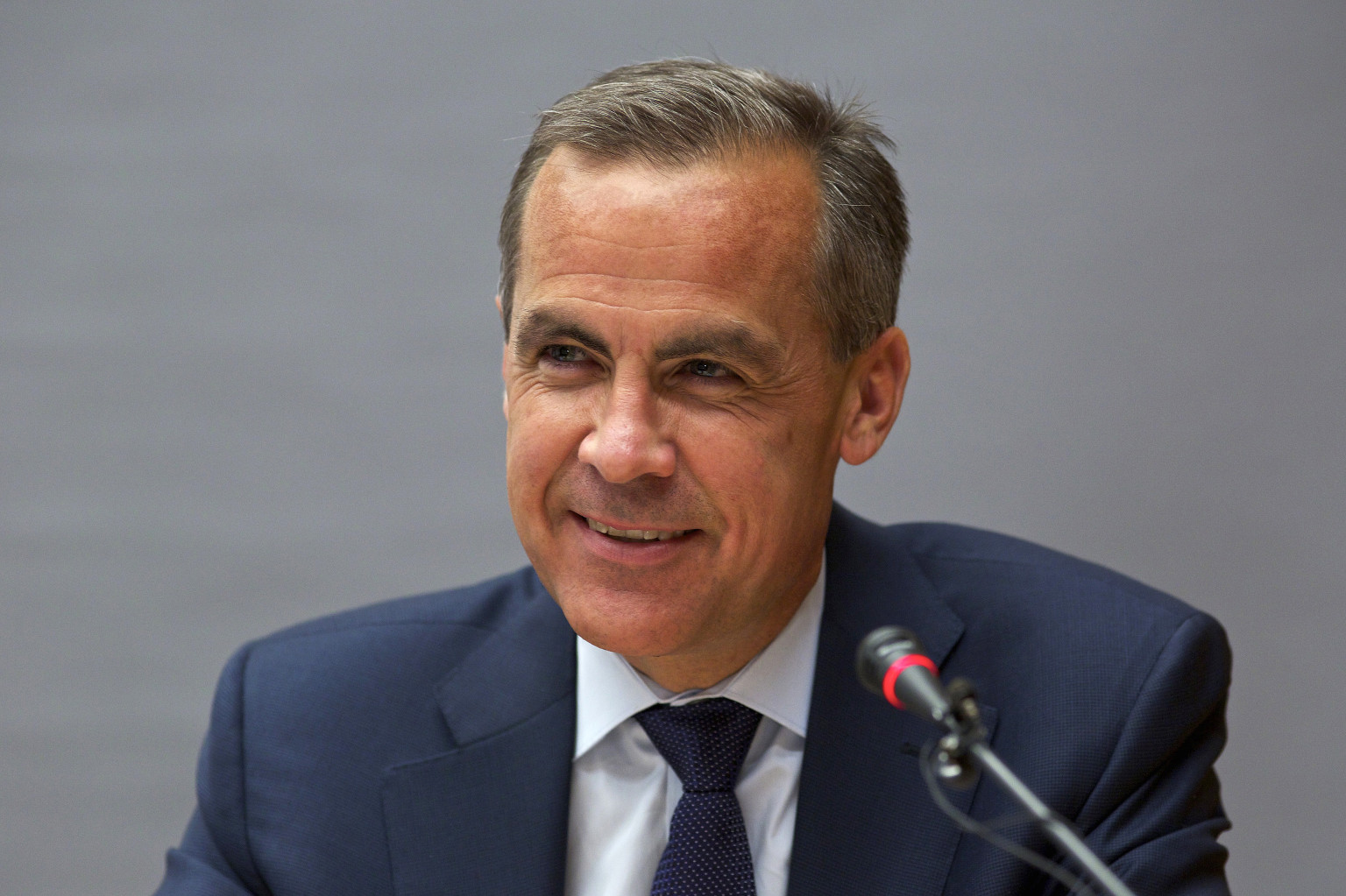The decision to leave the European Union is one that has generated so much interest in the U.K. and around the globe in recent times than any other event or development in the country.
Stakeholders in U.K.’s economy have constantly been harassed by a throng of mixed feelings ranging from the fate of the post – Brexit market, strength of the British pound, the hopes of U.K. as a window to the European market, etc., and the bid to answer these questions have plagued every national activity, paramount among which was the country’s recent transition that brought Prime Minister Theresa May to power.

In a series of developments in this light is the announcement by Bank of England’s Governor, Mark Carney that he will stay in office a year longer than initially planned until June 2019, few months after the British government is expected to have removed the U.K. from the European Union. The BOE Chief’s decision is perceived as a welcomed news by investors who are particular about continuity and expertise at the helm of the country’s apex bank in case its market and economy is pummeled by the split. Even one of Carney’s critic, lawmaker Jacob Rees-Mogg, gave his credence to the disclosure saying, “the certainty now is beneficial†in spite of having urged Carney recently to resign on the basis that the BOE governor showed political bias.
Furthermore, while there is considerable allowance for a transition plan for the central bank’s leadership, Prime Minister Theresa May is tasked with searching for a replacement at a time when the U.K. requires someone with rocket-height skill and experience to run a post-Brexit economy. Chair of the country’s Parliament’s Treasury, Andrew Tyrie is among a few top UK government players who have expressed possible contempt for Carney’s decision not to serve the full eight year term on offer and said it, “requires a good deal of examination and explanationâ€. Independent analyst have also expressed their doubts about this development. Howard Archer, an economist at HIS Markit said, “It would have been optimum for the U.K. economy if the Governor had agreed to stay on until 2021†and that “the likelihood is that U.K. will be in a very challenging position in mid-2019â€.
Whether there are obvious uncertainties about Brexit or not, with the likes of the Japanese who have significant stakes in the UK economy, threatened by the possibility of losing their hope of a window to Europe once this Brexit deal is done, one cannot pretend that it will be business as usual for the English nation, at least not until after a considerable balancing period.





